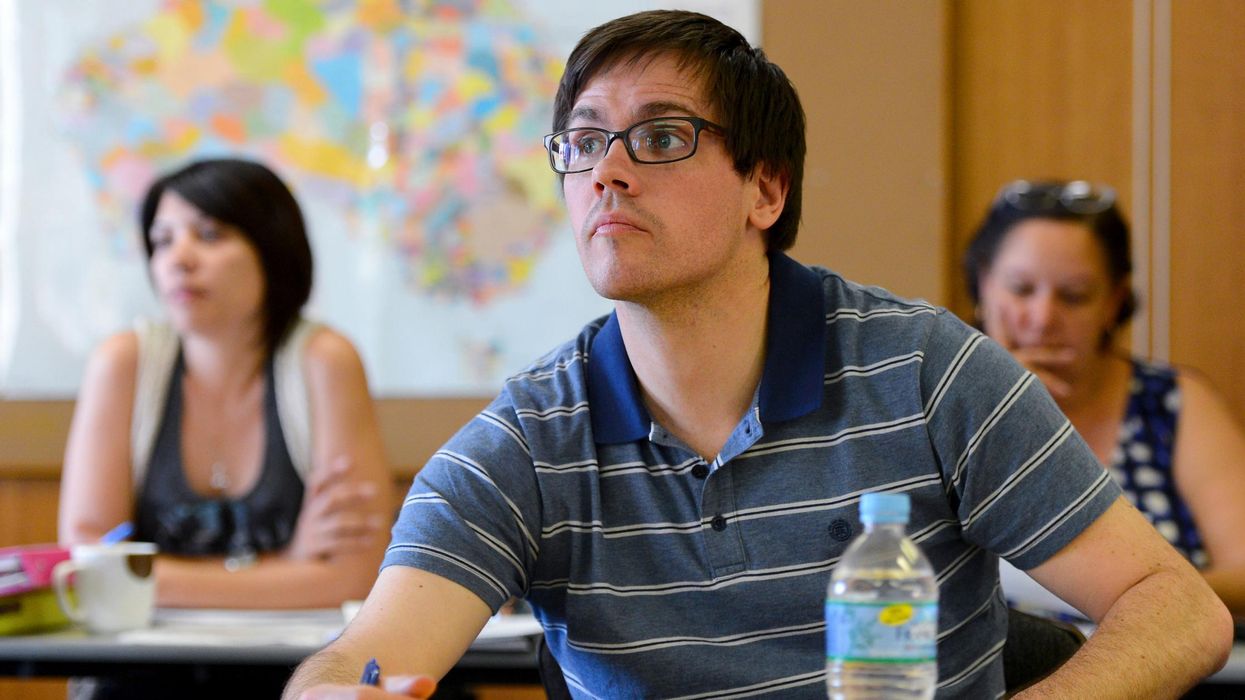
Dust off your Spanish dictionary, because now you have no excuse not to become fluent.
It had long been thought that only children have brains pliable enough to reach native proficiency in a second language.
Adults could reach advanced levels with practice, but would always have problems completely adjusting to the grammar of a second or third language.
But a new study argues that adults learners, known as late bilinguals, are just as capable of mastering and processing a new language – and like children, can become fluent.
The study, by the University of California, Riverside (UCR), looked at how native English speakers learned Spanish.
It presented participants with Spanish sentences that contained subtle structures of Spanish grammar that did not exist in English.
For example a Spanish sentence might read...
Mary apple eats her delicious
...when translated into English.
Errors were then introduced and participants asked to spot those errors.
UCR psychology professor Judith Kroll said:
Counter to the long-standing assumption that learning a second language and becoming bilingual past early childhood is impossible, we found that English speakers who learned Spanish as adults were able to understand these special aspects of Spanish.
HT Eureka Alert













